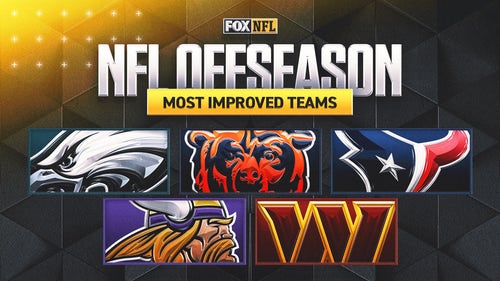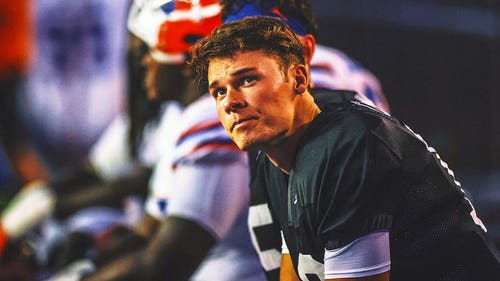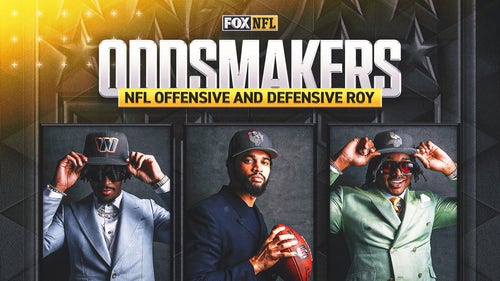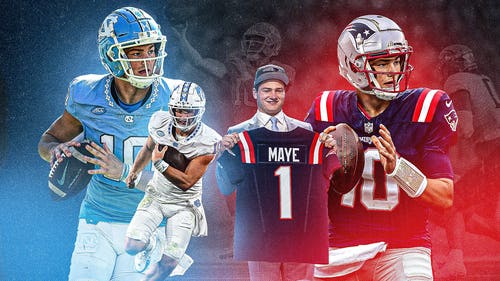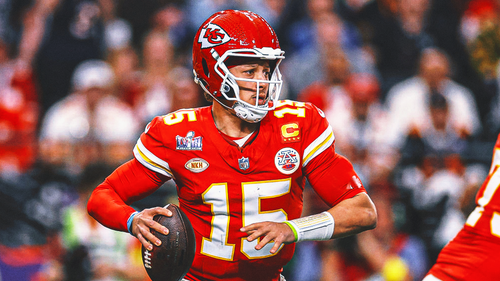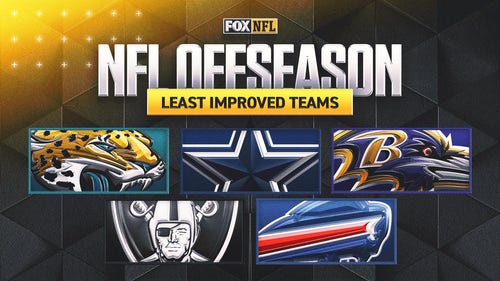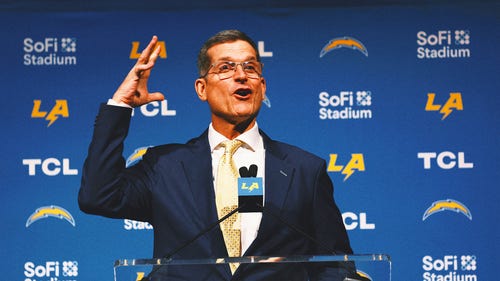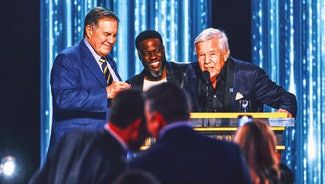
Did Seau's love for game lead to death?
My favorite player is dead.
I’m not talking about the one I’ve most liked to write about in my NFL reporting job for the past 18 years. I didn’t like Junior Seau because he gave me special access or shared off-the-record information with me. He never did.
My affection began when I was a civilian, so to speak. I was just a kid from Miami who liked Junior Seau simply because he was Junior Seau — the NFL’s baddest linebacker playing for my beloved San Diego Chargers.
And now I’m wrestling with the fact that the game itself — the game I love and the way I make my livelihood — might have contributed to his apparent suicide.
Not that Seau would change a minute of anything he did on the field. I came to learn he didn’t just live and breathe football every waking second during his 20-year NFL career.
He smelled it.
So did his teammates with the Miami Dolphins. He was the first Dolphins player inside team headquarters almost every weekday morning when I covered the team from 2003 to 2005.
The first thing he did: Ensure the coffee was brewing so strongly you could taste it in the air.
This is where Seau set the example that every young NFL player should follow. Seau already was done with his caffeine-charged workout by the time most of his peers arrived. He didn’t do this to leave home earlier in the day after practice had ended.
Seau just couldn’t wait to get started.
“He never had a bad day — ever,” said one devastated former Dolphins employee who was part of Seau’s “Breakfast Club” workout crew.
Having sat in a linebackers meeting with him while I was a Dolphins beat writer, I was keenly aware Seau knew his stuff in the film room, as well. The thousands of tackles that Seau made in college and the NFL weren’t just the result of sheer athleticism or guesswork. When video showed a younger ’backer had lined up literally 1 foot off the mark in practice, Seau pointed out that the player had tipped his hand to the offense about where he was headed and ruined the entire defensive plan.
Seau could tell you everything there was about playing linebacker. Unfortunately, it appears, factors he might not have been able to control as well might have overtaken him.
Several people who knew Seau better than I did told me Wednesday they had suspicions his current life wasn’t nearly as great as when he was leading fans into a frenzy with his post-tackle fist pumps on game day.
There were warning signs.
Seau drove his car off a cliff in late 2010 after a physical confrontation with his girlfriend. Seau claimed the road mishap was an accident when he fell asleep at the wheel and not a suicide attempt. There were whispers Seau experienced financial problems and depression.
Clearly, something was troubling Seau. He never let many of those close to him see it. Seau still would flash his charming smile during public appearances and refer to virtually everyone around him as “buddy.”
“He was always the guy helping someone else,” one of Seau’s former coaches said. “He couldn’t be the guy that took help.”
However, he llikely will be the newest guy at the center of the NFL’s biggest discussion: head injuries sustained by those who have played in the league.
There is no definitive proof, yet. Seau wasn’t known for having a concussion history while he played. He apparently wasn’t part of the pending lawsuits filed by more than 1,200 former players against the NFL claiming the league didn’t properly treat or advise them on concussion-related matters.
But he also wasn’t the type of guy who would let blurred vision, headaches or any other side effects keep him out of a game. One former Dolphins teammate recalled how Seau “literally shattered his fingernail” in the cold of a December 2004 game at New England.
"His nerve was sticking out,” the player said. “I could see it and I almost threw up. He told (team trainer Kevin O’Neill) to tape it up.
“Missed like two plays. Unreal. True warrior.”
That win-at-all-costs mentality might have contributed to his demise. Think about how much contact Seau’s helmet sustained in two decades of pro football. If his brain is analyzed by medical researchers, as some former players’ brains have been, there may be a way of knowing how much of a toll the sport took on Seau’s mind.
A slew of dead NFL players have been diagnosed with the progressive degenerative disease known as chronic traumatic encephalopathy (CTE). One of them was former Chicago Bears safety Dave Duerson.
Duerson took his life in February 2011 in the same fashion that police believe Seau may have done — by shooting himself in the chest. Duerson did so deliberately so his brain could be studied postmortem.
Whether Seau had the same intention is unknown. He didn’t leave a suicide note, according to The New York Times.
From the conversations Seau and I had in South Florida, I always worried how someone as passionate about football as Seau would handle life after football. I wondered if there was anything he could do to fill the void that most retired players face after the cheering stops and the real world begins.
When he starred a few years ago in a short-lived television series, “Sports Jobs With Junior Seau,” I half-jokingly said I hoped that one of the gigs he covered would appeal to him for a new line of work.
I was a lifelong Chargers fan until 1995, when I started writing about the NFL, and Seau became my favorite player once Dan Fouts retired. I held dining for the first time at Seau’s namesake San Diego restaurant with the same reverence as visiting the Pro Football Hall of Fame. Having the opportunity to cover Seau daily for three years with the Dolphins was surreal.
When my mom helped me out with laundry chores when I was a college-aged slacker, she washed the No. 55 Chargers jersey I would wear every time I watched San Diego play. I noticed the jersey last Sunday for the first time in a while when I walked into my closet after she had visited.
Hearing the news of Seau’s death will leave my mom as heartbroken as I am because she knows how much he meant to me and what he represented.
Neither of us, though, will experience the pain being felt by Seau’s mother. A hysterical Luisa Seau burst into tears while speaking about her son to the media that had gathered for a Wednesday afternoon police news conference announcing his death. She wasn’t ready to accept that her Junior had killed himself.
“I don’t understand who do this to my son,” Luisa wailed.
It’s probably not “who.” It’s probably “what.”
And what a shame if it was the game he loved to play.







































































































































